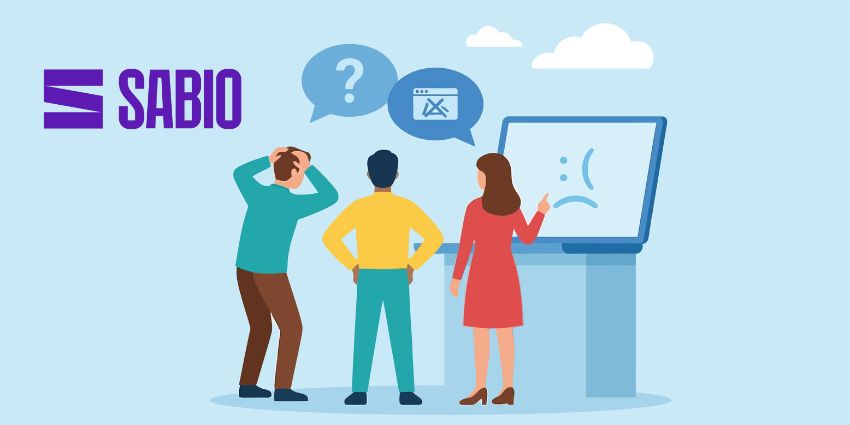Marc Benioff, CEO of Salesforce, has claimed that the company’s Agentforce platform is already proving to be a big financial success.
In an interview with Bloomberg Television at the World Economic Forum’s 2025 Annual Meeting in Davos, Benioff was notably enthusiastic about Agentforce’s Q4 numbers, commenting:
In our fourth quarter, we’ll see thousands of Agentforce deals, and I have never seen anything go as fast at Salesforce as this.
“I have never been as excited about the technology industry as I am right now,” he concluded.
The Salesforce man’s comments follow remarks made during the vendor’s Q3 earnings call back in December of last year, where he confirmed that 200 customers had already signed off on Agentforce deals – despite the platform having been live for less than two months.
Speaking at the time, Benioff noted how – by implementing Agentforce across its own operations – Salesforce had reduced its annual case volume by over 25 percent.
How Are Companies Using Agentforce?
Agentforce is an agentic AI platform that enables businesses to integrate and deploy autonomous AI Agents across enterprise workflows.
Additionally, its low-code/no-code Agent Builder allows brands to create custom AI Agents for specialized tasks and seamless integration within the Salesforce ecosystem.
As the vendor succinctly puts it: “If you can describe the job, Agentforce can build the Agent for it.”
Although the technology is still in its infancy, there have already been a number of case studies that outline the impact that these AI agents can have.
Amongst these customers is AAA. As one of the biggest roadside assistance providers in the world, the company was looking for a platform to help improve customer support at its Washington branch.
AAA leveraged Salesforce Agentforce to develop an autonomous AI agent to manage roadside updates, answer queries, and offer personalized recommendations.
Part of an “absolute augmentation strategy,” Agentforce also enhanced efficiency by handling routine tasks like insurance recommendations, enabling human agents to dedicate more quality time to customers when it matters most.
Another Agentforce success story comes from Wiley, a leading publisher in research and education.
Facing challenges with service call spikes during peak periods, the company implemented AI-powered agents to help customers resolve issues independently, which outperformed the company’s previous chatbot.
Wiley reports a 40 percent increase in self-service efficiency and a 213 percent ROI from integrating Agentforce with Service Cloud.
Generative AI (GenAI) features also enhanced agent productivity by streamlining personalized responses.
Additionally, Wiley is testing a “prompt builder” tool to further accelerate task completion using trusted, reusable AI prompts.
No Sign of Slowing Down
Having only gone live at the end of October of last year, the vendor has already launched Agentforce 2.0, branding it as “The Digital Labor Platform.”
This update marks a significant evolution, introducing enhanced capabilities and an expanded vision for building and deploying autonomous AI Agents.
The changes and improvements to the platform were recently unpacked during a Salesforce Update discussion, where Rebecca Wetteman, CEO and Principal Analyst at Valoir, said:
The big difference that we see between 2.0 and what we saw at Dreamforce is yes, with the original Agent Force I could spin up an agent; what I didn’t have was that overall set of tools to test, monitor, deploy, manage, and tune. Now, that’s all built-in in a meaningful way.
Another area covered in the chat was the introduction of the Atlas reasoning engine to Agentforce 2.0.
The feature is designed to enhance the decision-making and accuracy of agentic AI systems by acting as a feedback loop that ensures the AI has sufficient data and confidence to proceed with a decision.
For Liz Miller, VP and Principal Analyst at Constellation Research, it is the Atlas feature’s ability to “self-heal” that is of particular interest:
“This is about enabling agentic resources to follow the many broken paths and resolve and self-heal those paths in order to come to the resolution expected of the agent,” she concluded.
More Agentforce News
Earlier this month, Salesforce launched Agentforce for Retail, a specialized skills library for industry-focused AI agents.
This enables retailers to create AI agents that assist customer service teams, store associates, and shoppers with tasks like order management, guided shopping, and appointment scheduling tailored to their unique needs.







